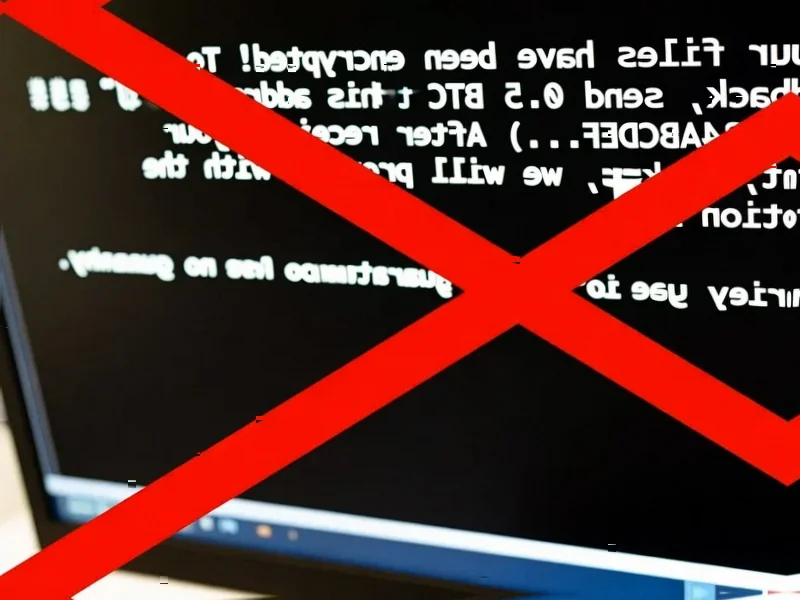According to TheRegister.com, two cybersecurity professionals have been indicted for allegedly carrying out ransomware attacks against multiple US companies while working in trusted industry positions. Ryan Clifford Goldberg of Watkinsville, Georgia, and Kevin Tyler Martin of Roanoke, Texas, along with an unnamed co-conspirator from Land O’Lakes, Florida, allegedly breached corporate networks, stole sensitive data, deployed ALPHV/BlackCat ransomware, and demanded tens of millions in extortion payments according to an October 2 indictment. Martin worked as a ransomware negotiator for DigitalMint, while Goldberg served as an incident response manager for Sygnia Cybersecurity Services. The attacks targeted five companies between May and November 2023, including a Florida medical device company that paid approximately $1.27 million in ransom. This case reveals a disturbing breach of trust within the cybersecurity industry that demands deeper examination.
The Insider Threat Dimension
What makes this case particularly alarming is how the defendants allegedly leveraged their professional positions and industry knowledge. As a ransomware negotiator, Martin would have possessed intimate understanding of victim psychology, payment processes, and negotiation tactics that could be weaponized against targets. Goldberg’s role as an incident response manager would have provided him with detailed knowledge of security weaknesses, common detection gaps, and forensic investigation techniques that could help evade detection. This represents a sophisticated form of insider threat where professional expertise becomes criminal advantage, creating a trust paradox where those hired to protect become the greatest threat.
Ransomware-as-a-Service Evolution
The use of ALPHV/BlackCat ransomware highlights the continuing evolution of ransomware-as-a-service (RaaS) ecosystems that enable such attacks. RaaS platforms like ALPHV/BlackCat provide sophisticated malware, infrastructure, and payment processing to affiliates who carry out the actual attacks in exchange for a percentage of ransom payments. This business model dramatically lowers the technical barrier to entry for would-be attackers, allowing individuals with network access but limited technical skills to deploy advanced ransomware. The Chicago Sun-Times coverage of the DigitalMint connection underscores how cryptocurrency payment systems have become integral to these operations, creating challenges for tracking and recovery.
Industry Trust Crisis and Oversight Gaps
This case exposes critical oversight gaps in cybersecurity hiring and monitoring practices. Both defendants held positions requiring high-level security clearances and access to sensitive client information. The fact that Goldberg maintained a SANS Institute profile showcasing his cybersecurity credentials demonstrates how professional certifications and industry recognition don’t necessarily correlate with ethical conduct. The security industry faces a fundamental challenge: how to vet individuals for positions that inherently require access to the very tools and knowledge that could be misused. This incident will likely force security firms to implement more rigorous background checks, behavioral monitoring, and separation-of-duty controls for employees in sensitive roles.
Broader Implications for Security Practices
Beyond the immediate criminal case, this situation raises difficult questions about security industry practices and client trust. Organizations hiring incident response firms may now need to consider additional safeguards, including third-party monitoring of negotiator activities and enhanced audit trails for all security interactions. The case also highlights the ethical tightrope that security professionals walk when their specialized knowledge could be misused. As the industry grapples with this breach of trust, we’re likely to see increased emphasis on professional ethics training, mandatory reporting requirements, and potentially new licensing or certification standards for security roles involving access to sensitive client systems and data.




